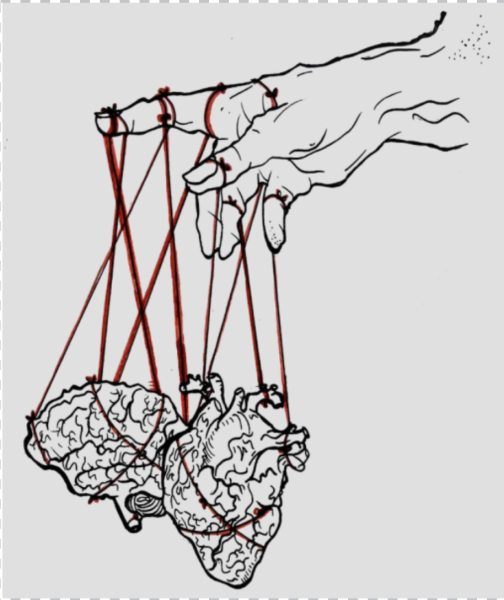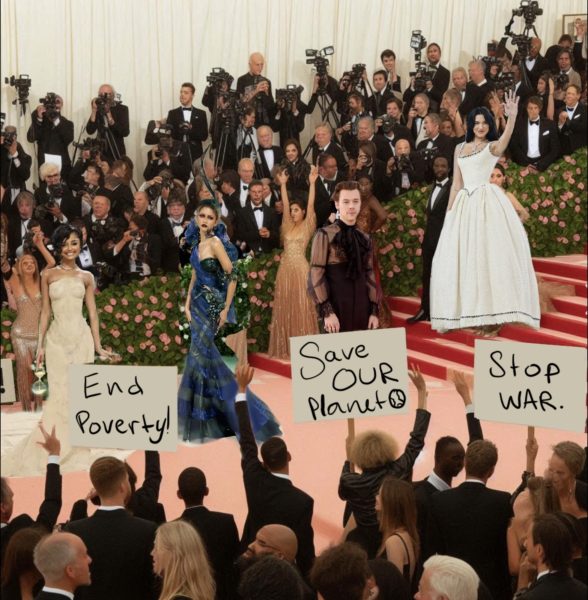Toxic Masculinity: A Man’s Pressure Cooker
You’ve probably heard of the term ‘toxic masculinity’. If you haven’t, it is a set of expectations that society associates with being a man. These expectations affect the way in which men react to different situations, and how they deal with emotions. This can be quite dangerous for men themselves, and it also has a negative effect on society as a whole. One of the most pressurizing expectations on men is the way they express their emotions. Fundamentally, men and women have different emotional responses because of our history and human biology.
If we look back at our ancestors, the roles that men played in our society were those of protectors and providers, while women cared for the kids at home. This essentially meant that men were expected to be strong and capable of dealing with tough situations where their emotions would not get in the way of making quick decisions. This history embeds itself in today’s society as men are expected to suppress their emotions and be “manly” and any type of sensitivity shown is considered “weak”. This changes the way that men react to situations, but this is also caused by their biological structure.
It is a fact that “men secrete 20 times more testosterone than women, and the amygdala, the part of the brain that controls many of our emotional and aggressive tendencies, is larger in men” (Rose, 2021). Both of these things increase the likelihood of a man to be more aggressive than a female. In addition, women have a higher rate of secretion of serotonin and oxytocin than men do. Since serotonin is a calming hormone, women have less aggressive tendencies. Also, oxytocin is linked to the brain’s verbal centres, meaning that instead of kicking the brain into “fight-or-flight mode”, it kicks the brain into a nurturing mode, which is referred to as “tend-and-befriend”. The scientific explanation acts as a foundation for the mountain of gender-based stereotypes in our society
The stigma to be seen as ‘manly’ by society, discourages men from expressing their emotions – even from a young age. Therefore, men have a tendency to channel their sadness into other emotions, such as anger, meaning that they are compensating with more ‘masculine’ emotions. This does not mean that men are not naturally emotional, but because society does not value these ‘soft’ emotions in men, this leads to men also thinking that they aren’t valuable. Since men are avoiding emotions that are naturally occurring to humans, this can lead to a cycle of toxic masculinity (which we see so often in our society) that is very hard to break. As a result, about 30% of men experience a period of depression in their lives, and in 2018, men committed suicide about 3.56 times more than women did (Dekin, 2020). Instead of processing their emotions, men suppress them and try to think logically for an immediate solution. These suppressed emotions can later be expressed through acts of aggression.
After asking some questions to a few of the boys from our year, we gained a better understanding of the way boys our age react to certain emotions. From these interviews, we have concluded that boys tend to either bottle up their emotions, try to ignore them, or try to think logically for solutions. One of our questions was about how comfortable they are with expressing their emotions in front of their friends without trying to hide anything. While the responses were mixed, the boys felt, in general, like they still had to be cautious with how much of their emotions they expressed around their friends.
On the other hand, women generally have a completely different emotional response. Instead of trying to hide their emotions, women are better at recognizing and dealing with what they are feeling. Women don’t try to act tough to prove their strength, because it isn’t a societal expectation that they have to conform to. It is more normal for women to talk their ‘weaker’ feelings out with their friends, and to let them out through crying. While women are accepted for expressing their feelings, men have to deal with toxic masculinity, which prevents them from freely showing their emotions.
Although people may think that toxic masculinity only affects men, it has a ripple effect across women and society as a whole, making it an even more important issue to tackle. Because men have a need to be dominant, it can increase sexual harassment and domestic violence, as all the anger they have bottled up can be taken out physically on the wrong people. It is important that toxic masculinity is dealt with, so that men do not feel the societal pressure to be “manly”, which will have a positive impact on men as well as our community and society as a whole. It is therefore crucial that toxic masculinity is more talked about, and that our overall stigma towards men and their masculinity decreases so that sensitivity and emotions aren’t seen as a weakness. Taking these steps as a society will finally allow men to find their own way to be masculine.

I am a year 12 Swiss-Indian student at ISL. Although I've been at ISL for 13 years, I've been with The High for two years. My interests lie in STEM, specifically...

I am a 17 year old American-Indian student going to ISL, and have been a part of The High for 4 years now. Though I claim to be the least creative person...






